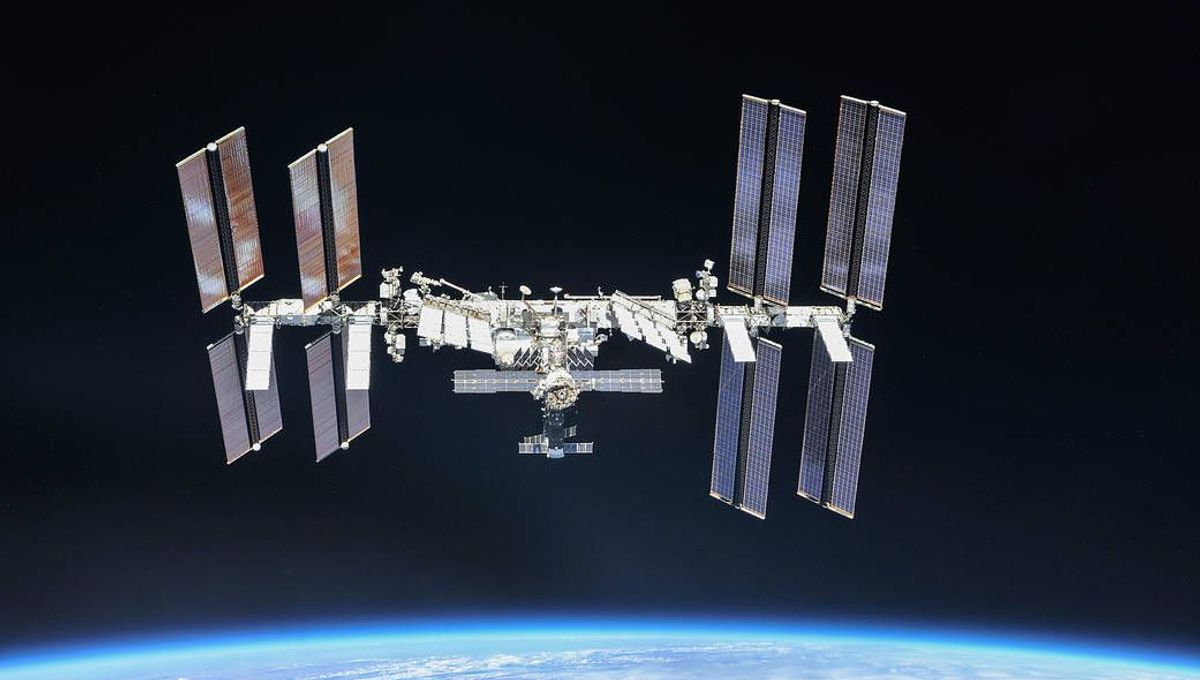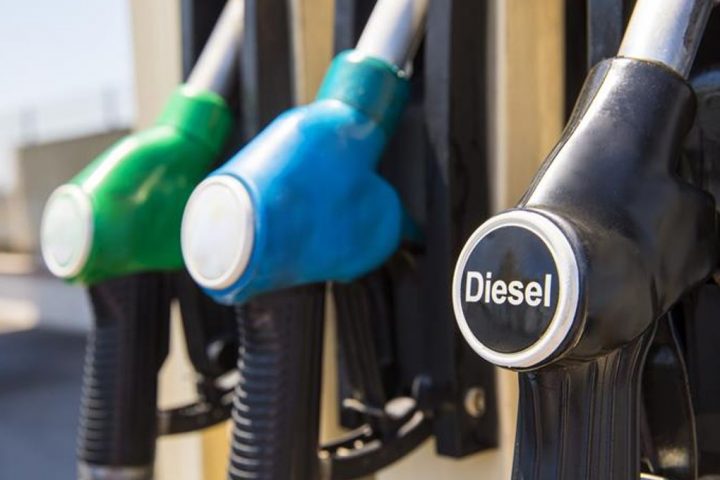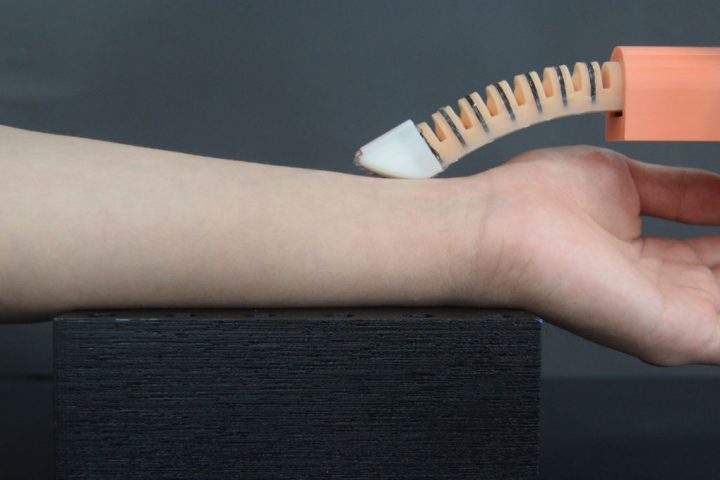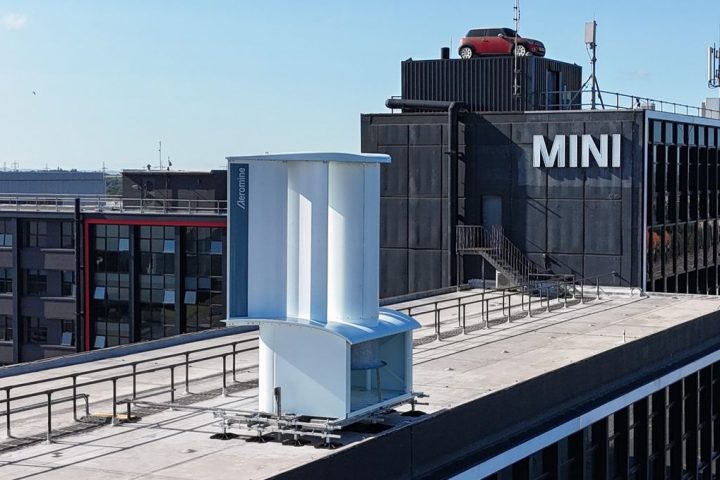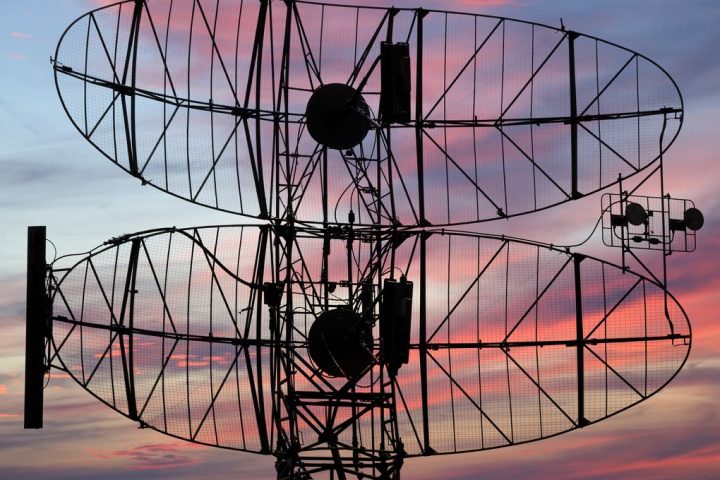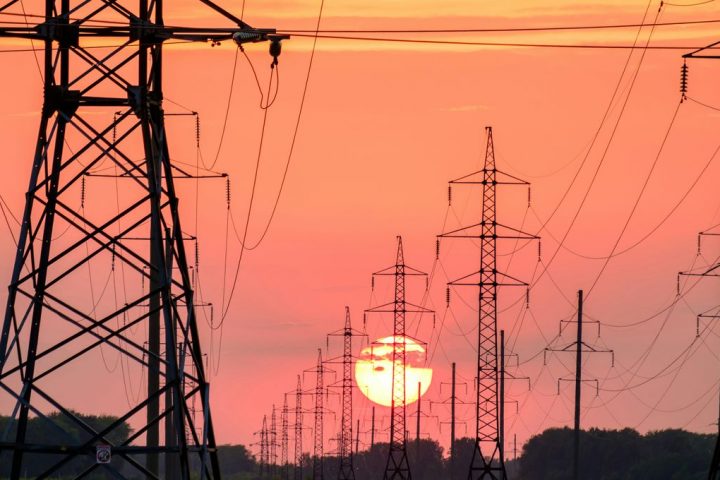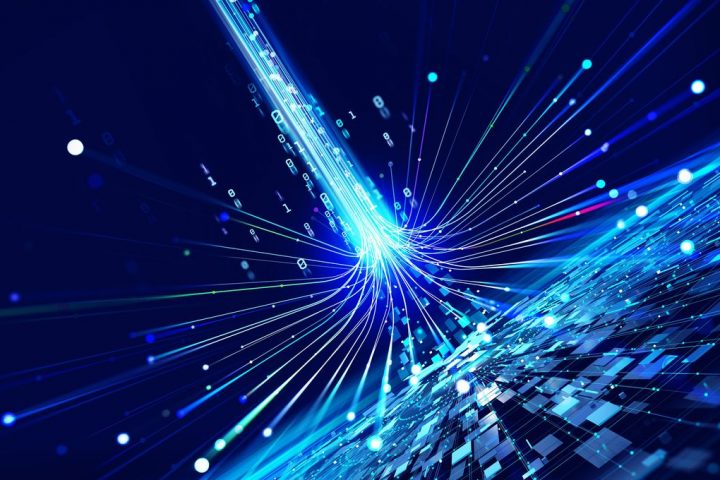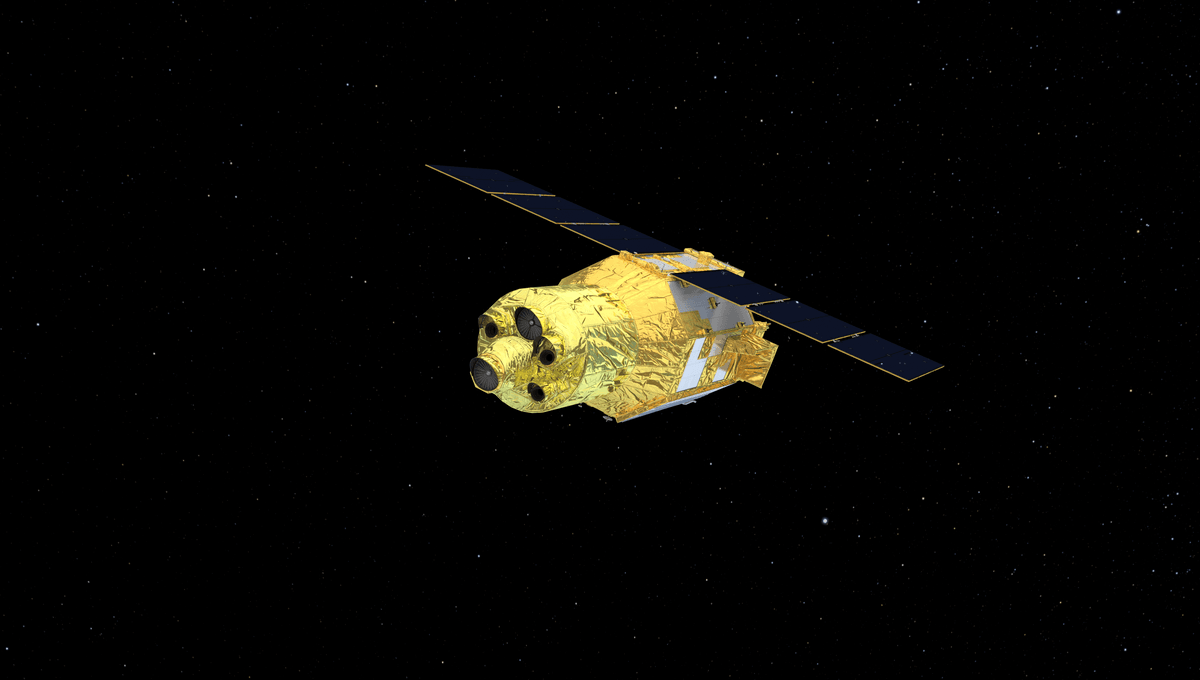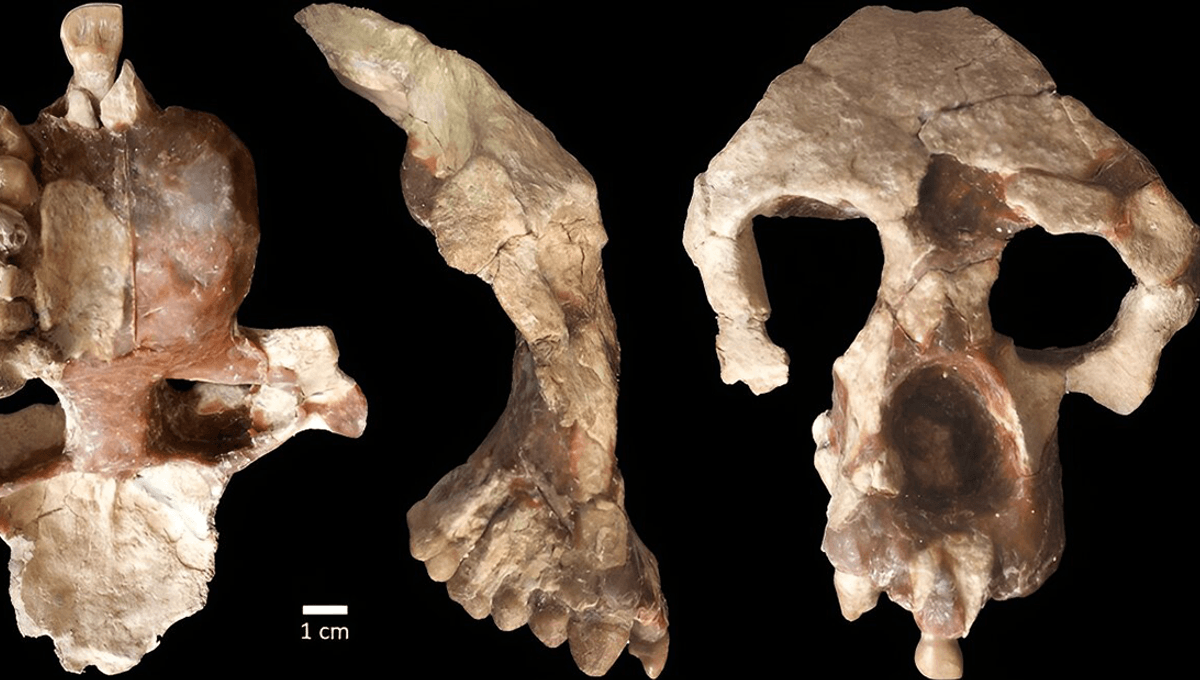NASA officials have vehemently denied a sensational accusation made by Russian media, claiming that a US astronaut intentionally drilled a hole in the International Space Station (ISS) in order to return home early due to a psychological breakdown.
According to an article by Russia’s state-owned news agency TASS, an anonymous “high-ranking” employee of Russia’s space agency Roscosmos accused US astronaut Serena Auñon-Chancellor of deliberately creating a hole in the ISS’s Soyuz MS-09 vehicle.
The 2-millimeter drill hole in the Soyuz vehicle was first reported in August 2018 when mission controllers noticed a drop in pressure in one of the modules. The leak was quickly fixed, but the cause of the hole remained a mystery. While the US suggested that the hole was a result of construction on Earth, Russian media has previously pointed fingers at US astronauts.
According to the TASS article, Auñon-Chancellor experienced the first-ever deep vein thrombosis, also known as a blood clot, in space in the jugular vein of her neck during her flight on the ISS between June and December 2018. The anonymous source at Roscosmos claims that this led to an “acute psychological crisis,” driving her to create the hole in an attempt to expedite her return to Earth.

Huge claims require solid evidence, but the Roscosmos source fails to provide any definitive proof to support the accusation.
The unnamed officials explained that the video camera in that part of the ISS was inexplicably not functioning at the time and “the Americans refused to take a polygraph” lie detector test. They also claim that eight holes were drilled in the module, but only one penetrated the hull. This suggests, they argue, that the holes were drilled in weightless conditions by someone with limited knowledge of the Soyuz MS-09 vehicle (in other words, not a Russian cosmonaut).
NASA officials have dismissed the rumors, standing by Auñon-Chancellor and stating that they find no credibility in the accusations.
“NASA astronauts, including Serena Auñon-Chancellor, are highly respected, serve their country, and make invaluable contributions to the agency,” Kathy Lueders, chief of human spaceflight for NASA, tweeted on Friday. “We stand behind Serena and her professional conduct. We do not believe there is any credibility to these accusations.”
NASA Administrator Bill Nelson echoed this sentiment, adding: “I whole-heartedly agree with Kathy’s statement. I fully support Serena and I will always stand behind our astronauts.”
This is unlikely to be the end of this ongoing dispute. The ISS was long seen as a symbol of cooperation between Russia and the US despite geopolitical tensions on Earth. However, with Russia threatening to withdraw from the ISS by 2025 and the increasing militarization of space, the future of this amicable relationship remains uncertain.
